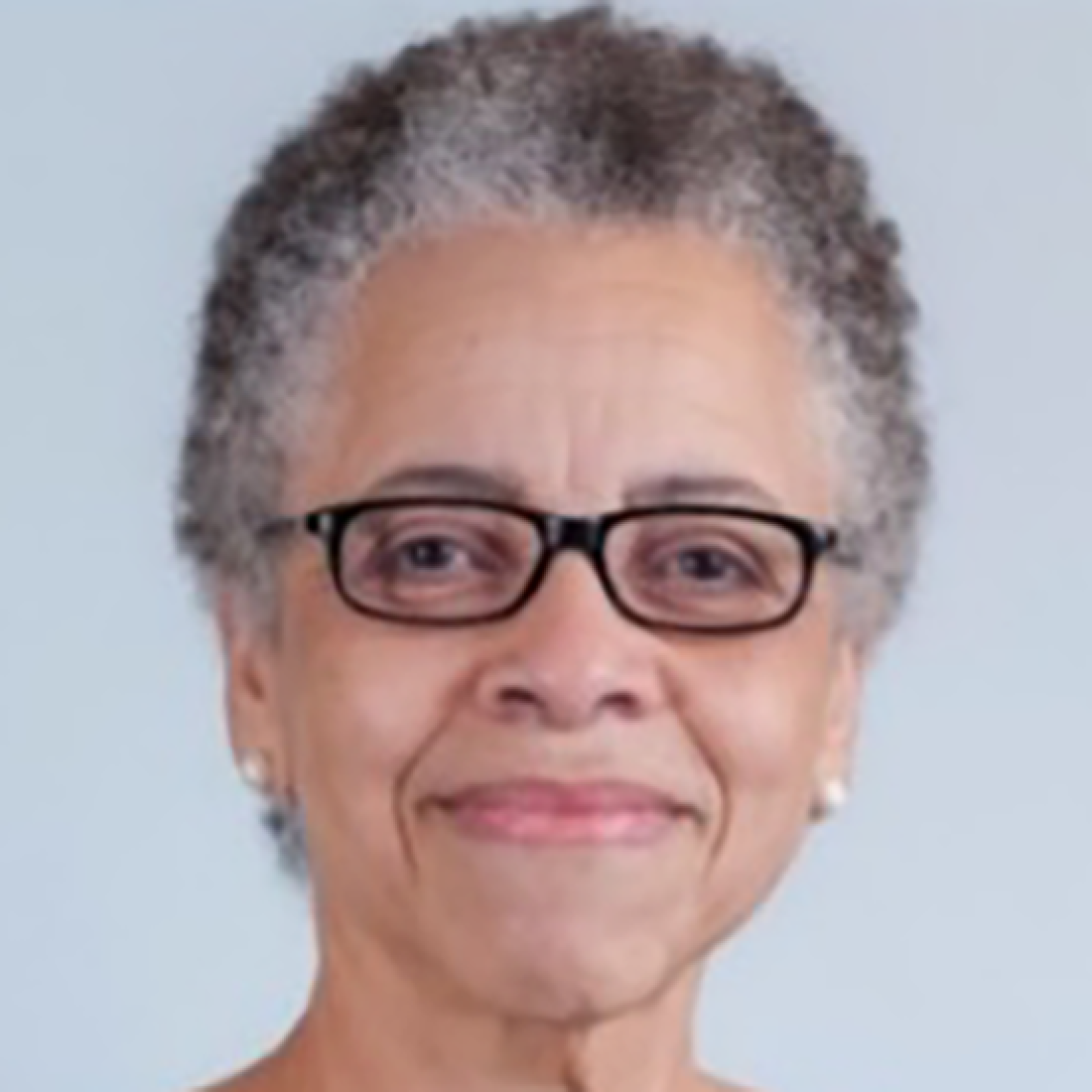Speaking and hearing the truth can lead to monumental change
Given that disparities in health based on race, ethnicity, disability, gender, sexual orientation and more are often the result or byproduct of long-standing operations and policies, systemic changes will be required to make care equitable and safe for all. What actions do you suggest leaders and organizations take to address structural inequities in health care safety?

Deborah Washington, R.N., Ph.D.
Diversity, Equity & Inclusion Community Health Partnerships Manager
Massachusetts General Hospital
When I think about health disparities and the way systems currently operate, I’m aware that organizations lack information about some of the populations they serve. We don't know what’s missing unless we have representative voices at the decision-making table. But it’s not enough to have the voices present. People must feel they are in a safe space and empowered to speak. If the safe space is not there, neither will be the truth. And if we're going to make monumental change, we have to be able to tolerate hearing some truth. What’s missing in terms of authenticity and truth is the voice of the patient, which historically and even today has been oppressed and dismissed.
Until organizations understand that that is a stumbling block, we're not going to be able to get the information and feedback we need to be more effective.
The health care industry talks about needing more diversity at the table to help with decision-making, but I find that many people of color are still looking for permission to speak. What I mean by that is I attend many white-led meetings about why we need more diversity. The meetings may be heavily populated by Black, Indigenous and people of color, but the conversation sounds all white because BIPOC people feel constrained to behave in certain ways to build their careers. The risk-taking doesn't happen without the leader of the meeting giving everyone permission to speak up. Someone — a leader — needs to send a signal that breaks the ice and makes it okay to say what you have on your mind and to be present within the context of your culture and your ethnicity. That’s not a skill you can learn online. It’s in the practice of the give-and-take that real education takes place.
While I understand the need to identify specific action items, there is some danger in being too practical. Keeping our focus on the larger issues can help motivate us to sustain the effort necessary to move away from the status quo, toward monumental change.